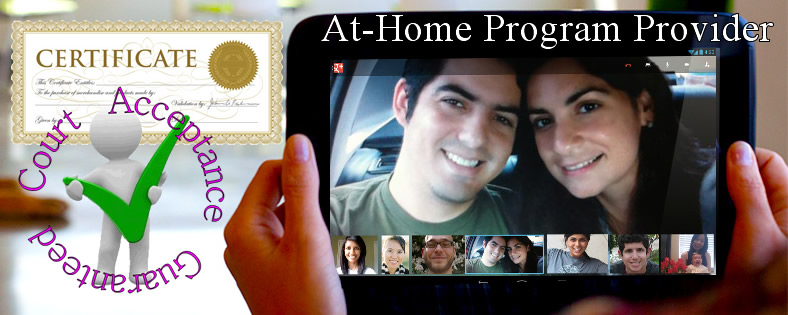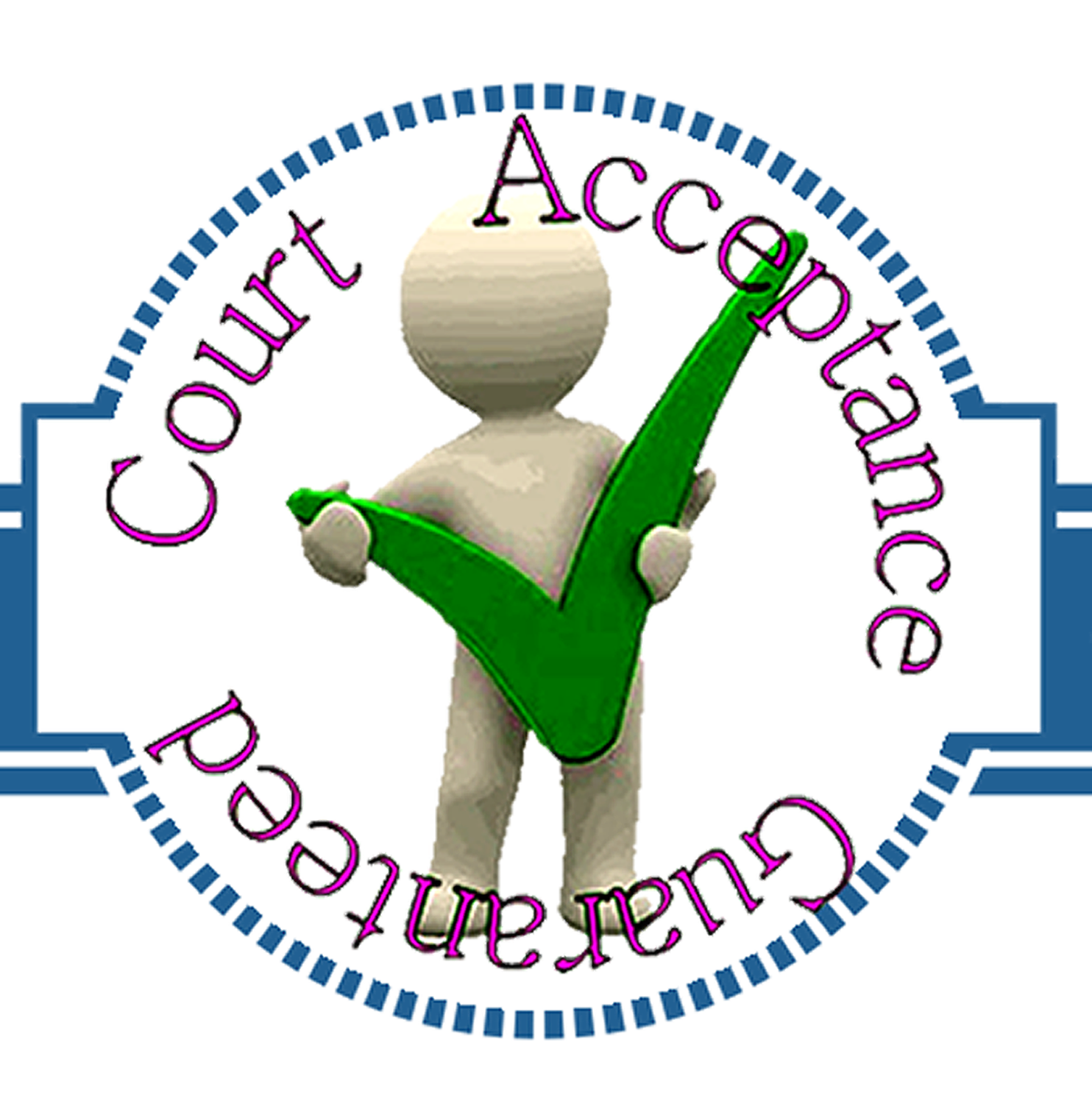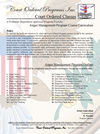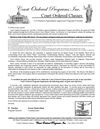Corrective Thinking Training, a cognitive-behavioral intervention, is often used to address delinquency. It is intended to help individuals develop more responsible thinking. An experimental study was conducted to evaluate the impact of Corrective Thinking Training on the self-reported level of responsible thinking of at-risk adults and youths. The How I Think (HIT) Questionnaire was administered to the control and an experimental group prior to the implementation of the Corrective Thinking Training and again after the training was provided. Information on the frequency of arrests and criminal behavior was also obtained pre- and post-test. All participants who received the Corrective Thinking Training showed some improvement in their level of responsible thinking. The experimental group reported no arrests while participating in the training, whereas 25% of those in the control group were arrested during this same time period.
This Program was created as a truly comprehensive program for helping offenders to think and act responsibly. It provides the tools of the program with great clarity. In addition to exploring the needs of all offenders, the program addresses the needs of both female and dual-diagnosis offenders. Responsible thinking means habitually seeing others and situations accurately, rather than in self-serving and egocentrically distorted ways. Because self-centered thinking is typically reinforced by negative group norms, our program starts with the cultivation of a constructive climate (“mutual help” groups) to motivate change. Motivated group members then gain tools for responsible thinking through “equipment” (cognitive behavioral) meetings. These tools pertain to social skills, anger management, and the correction of self-centered thinking through social perspective taking (cognitive restructuring). Beyond documented reductions in distorted thinking and recidivism rates, Court Ordered Programs' synergy or round-the-clock interpenetration of positive groups and tools promotes a safer and more humane institutional culture.
Following Proof of Enrollment appearances, defendants appear before the same Court for progress reports at intervals to be delivered by the Court. Please remember that Court Ordered Classes provides both you and the Court with Proof of Enrollment and Progress Reports for all of our enrolled Cognitive / Responsible Thinking class participants. (The first progress report appearance is 28 days after enrollment; subsequent appearances are at the Court’s discretion, and depend on the quality of the defendant’s progress.)
COURT REVIEWS
During the Cognitive / Responsible Thinking Program progress report hearings, there is sincere interchange between the Court and defendant. Good progress is always positively reinforced directly by the Court. Poor performance is negatively reinforced in various ways, ranging from verbal admonishment to incarceration. Progress report materials for the Court’s consideration include written reports from the treatment providers and written reports from the probation officer.
Once again, Court Ordered Classes, upon participant request can provide the Probation Officer, along with the Court, Proof of Enrollment and Progress Reports for all of our enrolled Cognitive / Responsible Thinking Program class participants.









